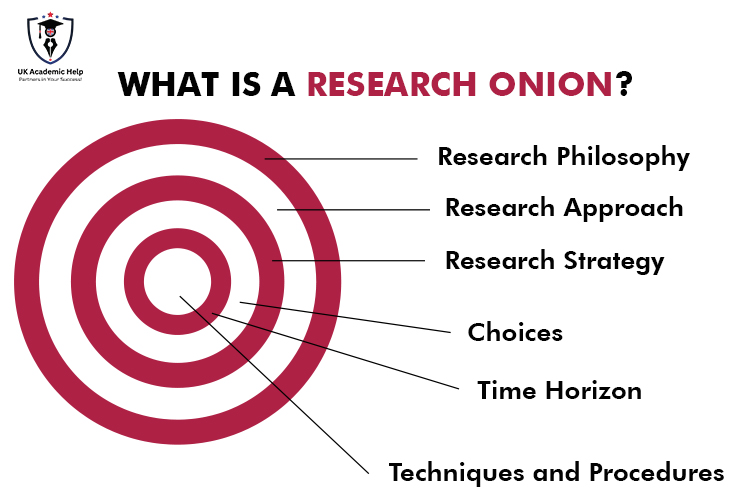Table of Contents
Academic Integrity and academic dishonesty are two crucial terms that every student has to know to perform well in their academia.
Most of the students don’t have a complete understanding of these terms and hence face consequences. Such consequences may lead to poor performance in academics and even failure.
In this article, UK Academic Help has elaborated academic integrity and academic dishonesty with examples to give a clear image to the students.
So let’s get started!
Academic Integrity
First and foremost, let’s find out the meaning of academic integrity.
Academic integrity means maintaining ethical standards and moral values followed by students, teachers, and other members that are a part of the academic world. Integrity depicts honesty, trust, equality, respect, and responsibility regarding education.
It is a key requirement of any project and ensures that the work done is original and done with own understanding. Moreover, it shows that the student is committed to the project and puts maximum effort to get it done.
Academic Dishonesty
While academic integrity is all about creating a positive academic environment and staying honest with your work, academic dishonesty on the other hand is its complete opposite.
Academic dishonesty, as its name shows, involves the violation of ethical standards and academic principles. It involves every possible unethical approach towards your academics. From cheating to plagiarism, fabrication, use of artificial intelligence, and other unethical practices, all these things come under academic dishonesty.
It is indeed a very unwanted and unappreciated thing in the education world. Moreover, it can cause damage to your educational life. From losing trust to facing failure, you may face severe consequences if you adapt to it. So you better avoid it and focus on positive approaches.
Difference Between Academic Integrity And Academic Dishonesty
Now that you know the meaning of both of them, let’s see what is the difference between them.
The key difference is that academic integrity is all about being honest to your work and having an ethical approach towards your academics. On the other hand, academic dishonesty is adapting unethical practices to achieve your academic goals.
One can lead you to success, while the other can cause you serious problems in education as well as in personal life. To make your academic life more productive then you shall read ( how to make your academic life more productive? ). It will surely help you keep on track while maintaining the integrity in your academics.
Principles Of Academic Integrity
To understand the concept of academic integrity, it is important to know its key principles which are mentioned below;
-
Honesty
The number 1 principle is being honest. No matter what type of project you have or how much knowledge you have, always be honest to your work.
-
Trust
Then comes the trust which is again the base of a good relationship between students and teachers. So trust shall be established as soon as you can to lead a great academic journey.
-
Equality
Giving equal opportunities to everyone is the duty of the institute and teachers. There shall be no biasness or favouritism in academics. So it is important for academic integrity as well.
-
Respect
Always respect each other whether you are a student or a teacher. Respect is the basic right of every individual. In academics, respect means acknowledging each other’s contribution and respecting the rights of intellectual property.
-
Responsibility
You must have a sense of responsibility and take accountability of your actions. You shall be responsible enough towards the learning process.
Examples Of Academic Integrity
Here are a few examples of academic integrity listed for your clarity;
-
Citation Of Original Sources
Although it is allowed to get inspiration from other sources to some extent, you shall always cite all the sources from where you take inspiration or any information. It’s their property, you shall respect their hard work and cite them properly.
-
Keeping Projects Original
It is allowed that you can get inspiration from other sources but you can not just copy their content. Your project shall have the original essence of your own work. So make your own efforts and only submit original work done by you.
-
Acknowledging Others Contribution
You can surely collaborate with your peers and work together on a task, but don’t forget to acknowledge their contribution. Everyone deserves appreciation and you shall not hide their name. Always appreciate each other.
-
Reporting Any Misconduct
If you encounter any academic misconduct then you shall always report it to the authorities. Even if you have nothing to do with it, still it is your responsibility to report any such incident to maintain the integrity of your academic life.
-
Putting 100% Efforts
Do not go for short cuts and unethical approaches to complete your projects. Whether it is any usual assignment or an important dissertation, always give your 100% and put maximum effort into it.
Examples Of Academic Dishonesty
There are several obvious examples of academic dishonesty. Some of them are listed below;
-
Cheating
The most common one is cheating. Whether it is cheating in an exam or in any project, if you choose to cheat then you are doing academic misconduct. Students may bring notes to the examination hall to cheat from it or use unauthorised materials to complete any assignment; it all comes under misconduct and it is highly discouraged.
-
Plagiarism
Then comes the most popular one that is plagiarism. Plagiarism is the enemy of originality and creativity. If you copy someone else’s work without acknowledging them then it is considered plagiarism. There are plagiarism detectors that can detect any plagiarised content in your project and you will be held accountable.
If you want to check plagiarism in your assignments and are looking for a free plagiarism checker then check out ( Free plagiarism checker tools for assignment and dissertation ).
-
Fabrication
Fabrication means making up false information in the form of data, citation, or any false fact. Making up things to get through your assignments is not appreciated.
-
Using AI
Another enemy of originality is the AI. Using artificial intelligence to do your homework is completely unethical. Not only is it unethical, but the information you get through it is not original and most probably it’s not authentic as well.
-
Unethical Collaboration
Collaborating with anyone in individual based assignments is also unethical. If it is meant to be done individually then you can not take help from anyone in any form.
-
Impersonation
You can not appear in the examination or class pretending to be someone else. Impersonation can have severe consequences. It can even get you expelled from the institute.
Consequences Of Academic Dishonesty
As mentioned above, committing academic dishonesty or misconduct can cause you certain consequences. But what are these consequences? Let’s have a look at them;
-
Penalties
If you commit academic dishonesty, your teacher and institute can give you penalties for your acts. These can range from minor to severe penalties including bad grades, disapproval of assignments, temporary suspension etc.
-
Bad Reputation
If you don’t keep yourself from it you will lose your reputation in front of your peers, colleagues, teachers, and even future employers. You may lose many good opportunities and scholarships.
-
Academic Failure
It may lead you to academic failure. You may lose your grades and if you keep doing it you will lose your degree. Everything will be wasted and it will lead to other consequences.
-
Legal Actions
A legal action can be taken against you if you violate academic laws and rules. It will affect your academic as well as personal life.
-
Personal Sufferings
Keeping educational consequences aside, you may suffer from personal guilt, lose your self esteem, and damage your reputation. This is far worse than any other repercussion.
Importance Of Academic Integrity
Academic integrity is very important for students as well as teachers and institutions. It is the only way to success.
Practising academic integrity in daily life can groom students and improve their critical analysis skills. Also, it builds a positive reputation for the students and helps them succeed in life. Moreover, it leads to enhanced learning experience and boosts personal growth.
For teachers and institutions, it helps maintain education standards and increase the quality of education. It also prevents legal disputes and keeps the reputation intact.
Conclusion
Practising academic integrity and avoiding academic dishonesty is crucial not only for students but for teachers and institutions too. So no matter at what stage of academic life you are, always maintain integrity and discourage dishonesty.
If you need academic writing help while maintaining academic integrity then talk to our experts for the best solutions.








Leave A Comment